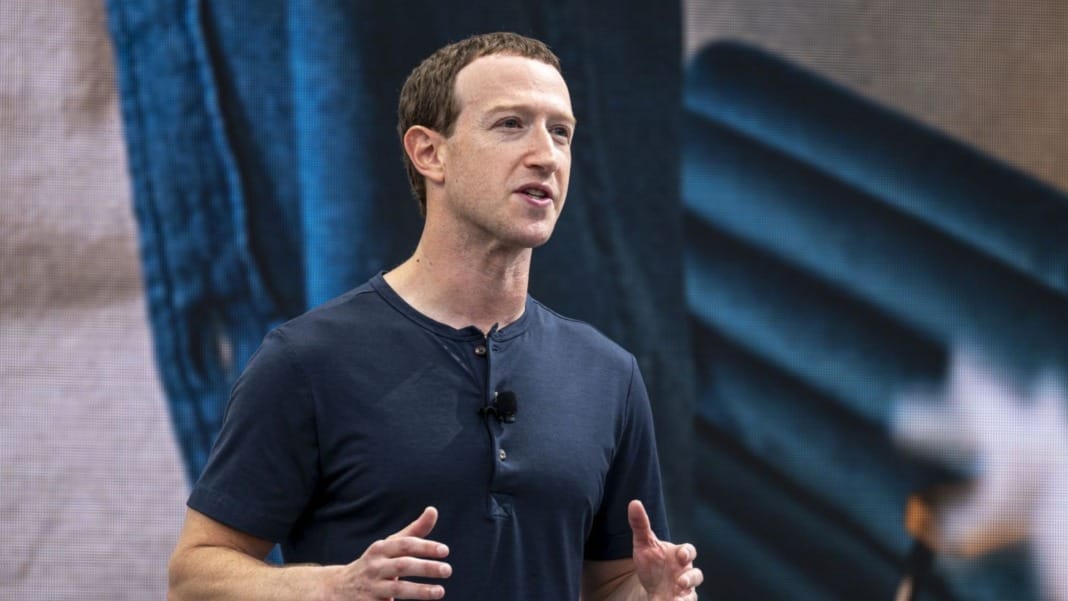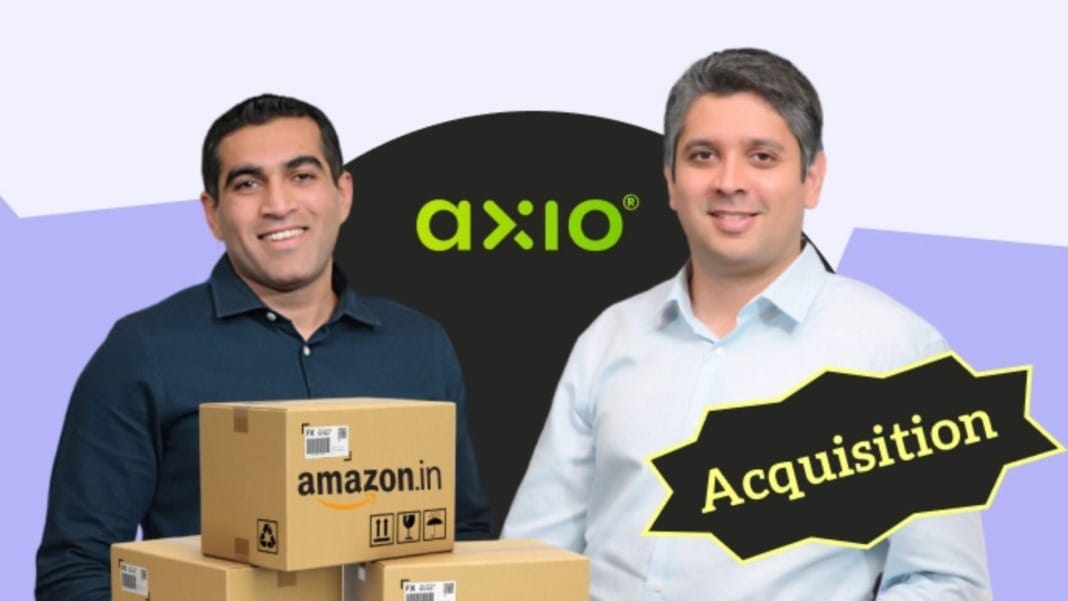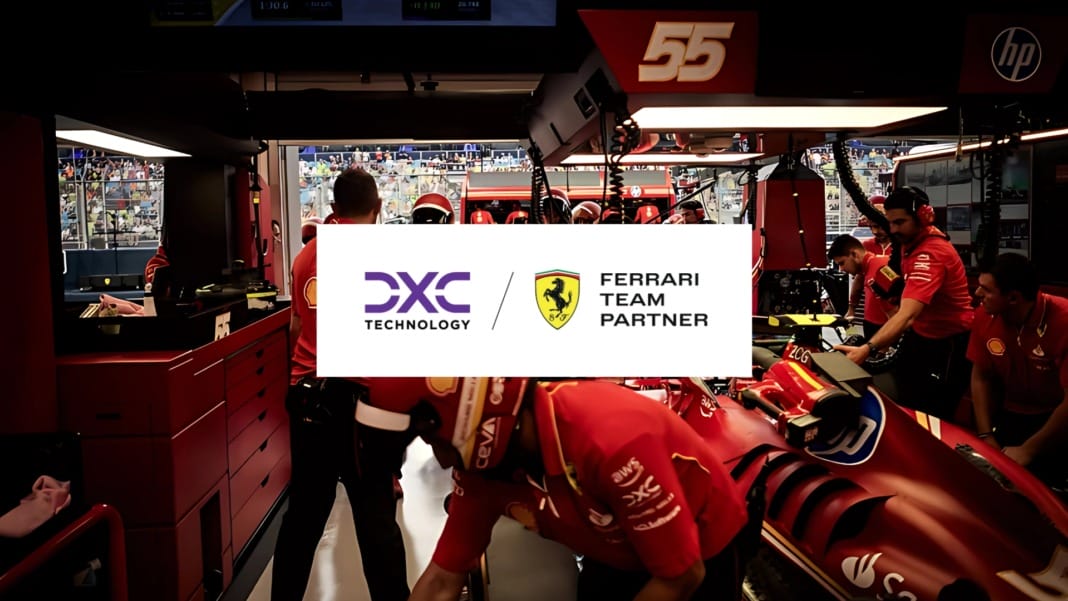Meta CEO Mark Zuckerberg has drawn parallels between YouTube’s efforts to combat pirated content and his own company’s use of a controversial dataset, according to newly released excerpts from a deposition. The deposition is part of the ongoing copyright case Kadrey v. Meta, just one of several legal battles pitting artificial intelligence companies against authors and intellectual property (IP) holders.
Zuckerberg’s statements suggest that Meta’s use of copyrighted material in training its AI models may fall under “fair use.” This argument has been a common defence among AI firms, but many copyright holders disagree.
YouTube analogy and copyright
During his deposition, Zuckerberg pointed to YouTube’s handling of pirated content as a comparison. “YouTube… may end up hosting some stuff that people pirate for some period of time, but YouTube is trying to take that stuff down,” he explained, according to portions of the transcript released this week.
He added that the majority of YouTube content is legitimate and properly licensed. Zuckerberg seems to have used this analogy to frame Meta’s position on using LibGen, a dataset of copyrighted e-books, to train its AI models, specifically its Llama series.
LibGen, often described as a “links aggregator,” has faced multiple lawsuits, shutdown orders, and fines for enabling access to copyrighted works. Meta employees allegedly flagged concerns about the dataset, describing it as “pirated” and warning that its use could damage Meta’s reputation with regulators.
Zuckerberg, however, distanced himself from detailed knowledge of LibGen, stating, “I haven’t heard of that specific thing.” Still, he cautioned against outright bans on datasets that may contain copyrighted material, likening it to banning YouTube due to some pirated content.
Legal filings reveal new allegations
This week, the case took another turn, with plaintiffs’ lawyers amending their complaint to include fresh allegations against Meta. These claims suggest Meta cross-referenced LibGen’s pirated books with copyrighted works available for licensing. This strategy allegedly allowed the company to decide whether to pursue agreements with publishers.
The filing also claims Meta used LibGen to train its latest Llama 3 models and is planning to use it to develop Llama 4. Additionally, Meta-researchers allegedly attempted to obscure the use of copyrighted materials during Llama’s training by adding “supervised samples” to its fine-tuning process.
The allegations extend to another dataset sourced from Z-Library, another platform that has faced significant legal challenges for copyright infringement. The amended complaint states that Meta downloaded pirated e-books from Z-Library for training as recently as April 2024.
Copyright concerns in AI training
Meta is not alone in facing scrutiny over the use of copyrighted material in AI training. The tech industry is navigating uncharted legal waters, with courts yet to establish a clear precedent for what constitutes “fair use” in AI development.
Zuckerberg acknowledged the need for caution, stating Meta should avoid using datasets from sources “intentionally trying to violate people’s rights.” However, the claims in the amended complaint, if proven, could complicate Meta’s defence.
The outcome of Kadrey v. Meta could set an important legal benchmark for how copyrighted content is handled in AI training. The tech giant remains under intense scrutiny as the case progresses in the Northern District of California.





